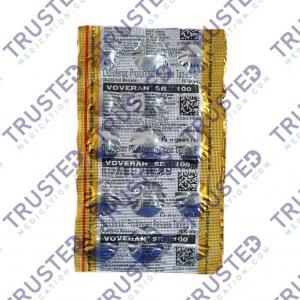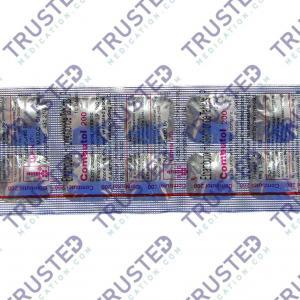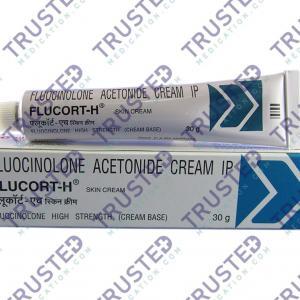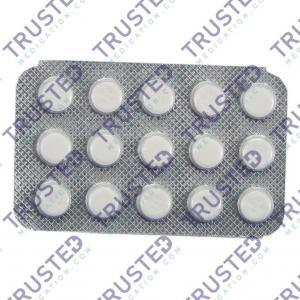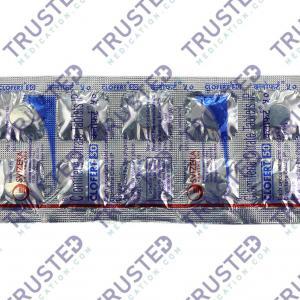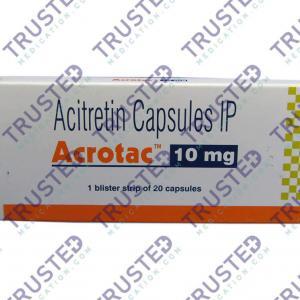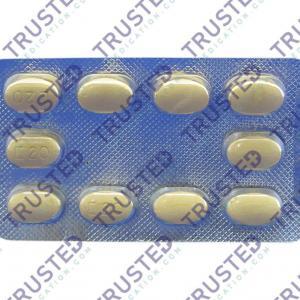
Antifungal medicines treat fungal infections, which most commonly affect your skin, hair and nails. You can get some antifungal medicines from a pharmacy without a GP prescription.
Fungi grow as yeasts, moulds or a combination of both. They reproduce through very tiny spores. These spores can exist in soil or become airborne. You can also have naturally occurring fungi, like Candida yeast, in your body. Fungi live on your skin, inside your digestive system and vagina. Anyone can get a fungal infection. Most fungi cause no problems, and the infections are easily treatable. People with compromised immune systems are more likely to develop serious fungal infections. These infections are called opportunistic infections. They can be life-threatening for people who have:
- AIDS
- Autoimmune diseases like lupus.
- Cancer
- Organ transplants
- Stem cell (bone marrow) transplants
Antifungal medicines can kill a fungus. Or they may stop it from multiplying or growing. There are several classes of antifungal medications and different types of medicines. Your healthcare provider will select the best prescription medicine. Or they may guide you to an effective over-the-counter (OTC) treatment.
Highly recommended antifungal medicine:
- Permethrin belongs to the Pyrethrin group of drugs that works by paralyzing and killing the parasites in your body. It also works by interfering with the protein synthesis of the parasite. It destroys the cell wall that is necessary for their survival. It kills the parasite and its eggs. The remaining bacteria will also die. The infection will not invade your body, and the rest of you will be treated.
Medication safety depends on the antifungal drug. Breastfeeding infants who develop thrush can get antifungal mouth drops. Their moms also need treatment, typically with an antifungal skin cream. Your healthcare provider can determine whether it’s okay for you or your child to take an antifungal medicine.
What are Topical Antifungal Medications?
Antifungal creams are medications that are used to treat fungal infections of the skin. A lot of antifungal creams are available OTC. But there are some prescription antifungals as well. In addition to creams, you can find some products such as powders, sprays, or lotions.
Antifungal creams can be used to treat things like:
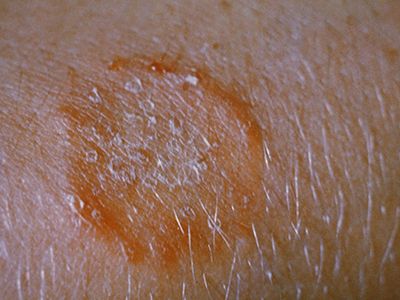
- Ringworm
- Athlete’s foot
- Jock itch
- Yeast infections
- Tinea versicolor
Most of the time, OTC antifungal creams work well to resolve these problems. But if they don’t help, you might need to talk to your healthcare provider about other treatment options.
What is Oral Antifungal Medication?
Oral antifungal medications may be required for fungal infection if:
- It is extensive or severe
- It resists topical antifungal therapy
- It affects hair-bearing areas (tinea capitis and tinea barbae)
The choice of oral antifungal medication, its dose and the duration of treatment depend on the following:
- The type of fungi such as candida, dermatophyte (tinea), Malassezia, or mould
- The site affected, i.e. skin, mucosa, nails
- Other co-existing diseases
- Interactions with other medications
What is Intravenous Antifungal Medication?
Intravenous Antifungal Medication is used to treat serious fungal or yeast infections, including oropharyngeal candidiasis (thrush, oral thrush), oesophagal candidiasis (candida esophagitis), other candida infections (including urinary tract infections, peritonitis [inflammation of the lining of the stomach], and infections that may occur in different parts of the body), or fungal (cryptococcal) meningitis. This medicine kills the fungus or yeast or prevents its growth.
The injection is also used to prevent candidiasis in patients with bone marrow transplants who receive cancer or radiation treatment. Intravenous antifungal medication is to be given only by or under the direct supervision of a doctor.
Although certain medicines should not be used together, in other cases, two different medicines may be used together even if an interaction occurs. In these cases, your doctor may want to change the dose, or other precautions may be necessary. When receiving this medicine, your healthcare professional must know if you are taking any of the medicines listed below. The following interactions have been selected based on their potential significance and are not necessarily all-inclusive.

